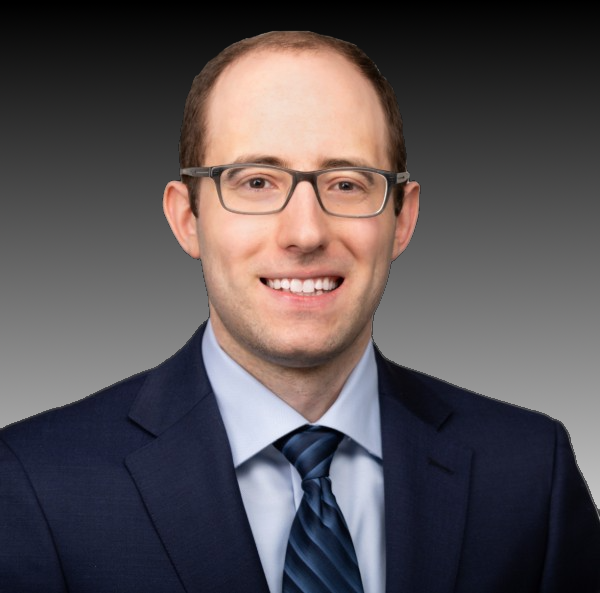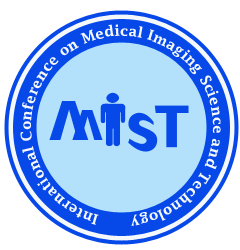 Invited Speaker
Invited Speaker

Dr. Daniel C. Elton
Center for Clinical Data Science at Massachusetts General Hospital in Boston, USASpeech Title: Fully automated CT biomarkers using deep learning
Abstract: Today radiologists typically spend less than a half hour reading a CT scan. AI algorithms can run in the background and provide a more thorough reading of each scan. When most people think of applications of AI to medical imaging, they think of disease detection and diagnosis. However, AI has another important role, which is to extract quantitative biomarkers that provide useful information to patients about risk factors for disease and how those risk factors change over time. For instance, visceral fat is strongly associated with risk for cardiovascular disease and metabolic syndrome. However, manually segmenting visceral fat on one slice takes about an hour for a trained radiologist to do. So, crude metrics like BMI or the Framingham Risk Score are used instead. In this talk I will discuss algorithms I have worked on which measure bone mineral density, muscle bulk, visceral/subcutaneous fat ratio, aortic plaque burden, kidney stones, liver fat, and pancreas fat. I will also discuss recent work on cardiovascular risk and biological age / longevity prediction from routine chest and abdominal CT scans. Automatically derived CT biomarkers and body composition analysis can provide risk metrics to patients and encourage them to make lifestyle changes to prevent future disease. Deep learning can also be used to automate tedious measurement tasks in clinical studies that use CT-derived biomarkers.
Keywords: deep learning, artificial intelligence, machine learning, longevity, CT, radiology, biomarkers, cirrhosis, pancreas, liver, fat, plaque
Biography: Daniel C. Elton, Ph.D. is a contract Staff Scientist at the National Institutes of Health Clinical Center, working in the lab of Dr. Ronald Summers. In July 2021 he will start a new role as a researcher and data scientist at Mass General Brigham in Boston, Massachusetts. His focus the past three years has been on AI and deep learning applications in medical imaging. He earned a Ph.D. in physics from Stony Brook University in 2016 and then went to work as a postdoc at the University of Maryland, College Park studying applications of machine learning to materials science. Since he started working at NIH in January 2019 his work has primarily focused on developing AI software to perform automated measurements in CT scans. He has worked on deep learning based systems for fully automated atherosclerotic plaque quantification, bone mineral density measurement, body composition analysis, and organ volume measurement. By automating measurements that are time consuming to do manually, these sort of systems can help facilitate large scale clinical studies and can potentially provide clinicians and patients with useful biomarkers and risk factors derived from their CT scans. He has also worked on text mining of doctor’s notes, automated kidney stone detection, and predicting longevity and cardiovascular risk from an abdominal CT scan. His website is www.moreisdifferent.com and his Twitter handle is @moreisdifferent.
